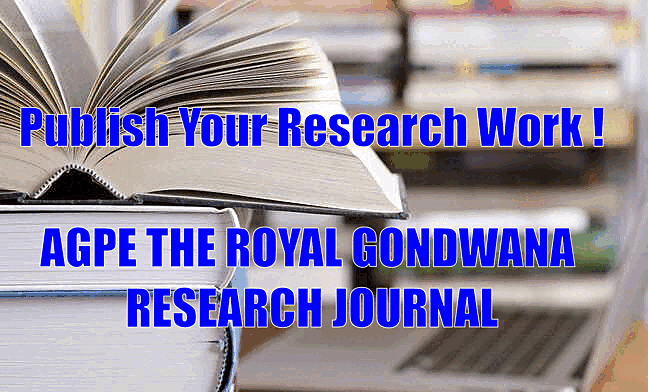CRIMINALISATION OF CONVERSION FOR INTER FAITH MARRIAGES
Keywords:
CRIMINALISATION, FAITH MARRIAGES, CONVERSIONAbstract
A crime is essentially a wrongdoing against the society at large and not the individual alone, hence the victim alone cannot absolve the accused from his criminal liability and therefore comes the significant role of the State. The State regulates the conduct of the individuals to maintain social order and any wrong committed by any person having the potential of impacting the society adversely, it invites sanctions which are penal in nature, irrespective of the extent of the harm caused. To implement this penal policy of punishing the wrongdoer and deter the potential future offenders, the State has to strike a balance between the personal liberty of the offender on one hand and the interest of the society on the other hand.
Let us understand the term criminalization of an act. The State only has the power to criminalize any sort of behavior which is adversely affecting the society at large. The state can intervene in the freedom of an individual when an act has been made an offence by the way of criminalization. For eg, triple talaq, which was until the passing of ‘The Muslim Women (Protection of Rights on Marriage) Act, 2019’ was merely an act of an autonomous person and between the husband and wife but after this Act coming into force, it became a criminal Act. The Act was brought by the Government/ State to criminalize the act of the autonomous person as such act was not only affecting his wife but the society at large. The criminalization of any act has to be based upon valid reasons and backed by some guiding principles of criminalization.
Downloads
Downloads
Published
How to Cite
Issue
Section
License
Copyright (c) 2022 Sachin Yadav

This work is licensed under a Creative Commons Attribution-NonCommercial 4.0 International License.








